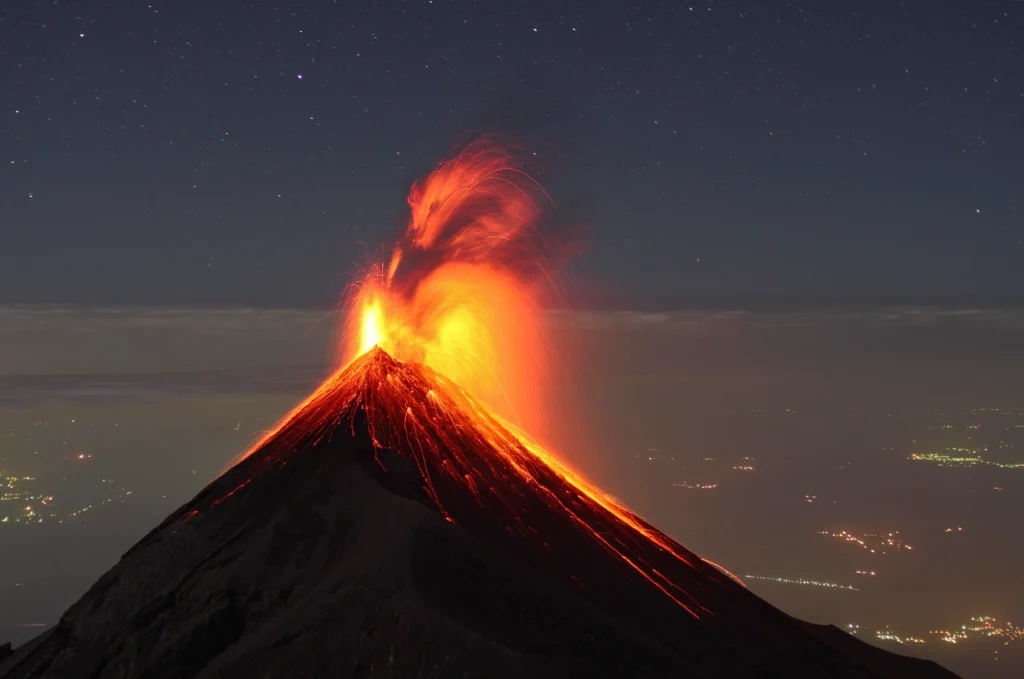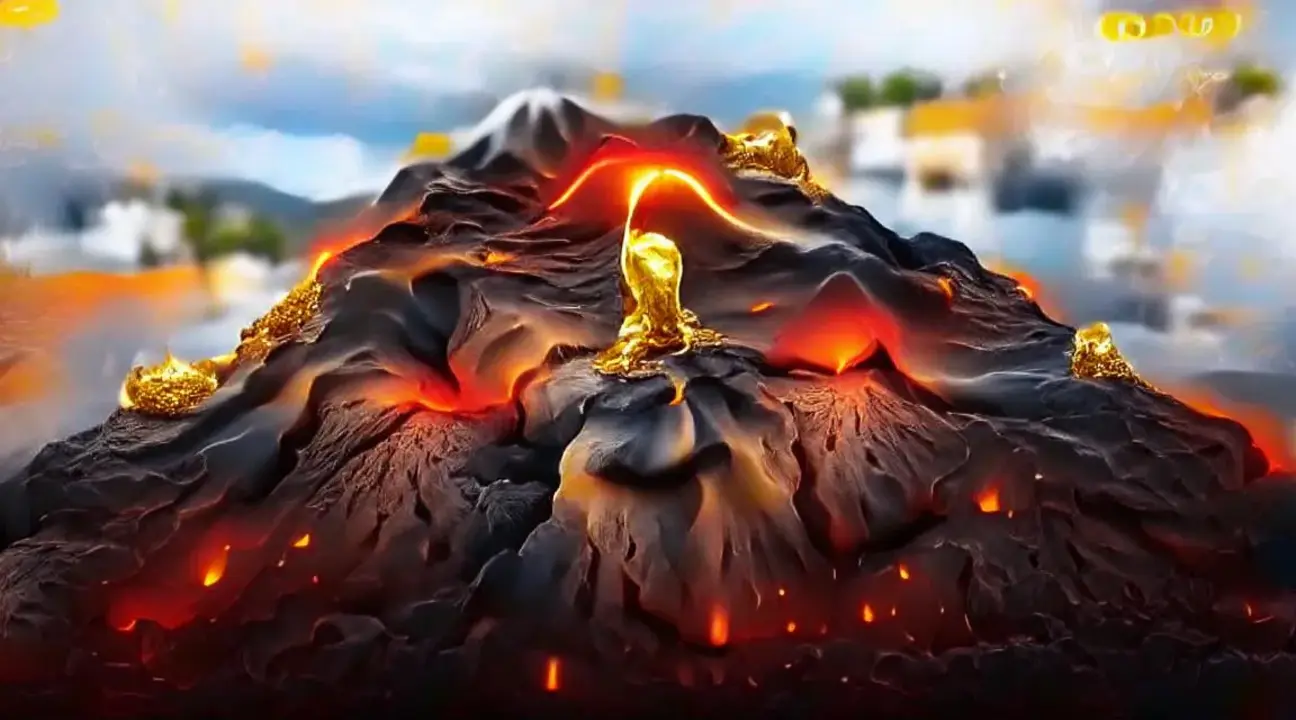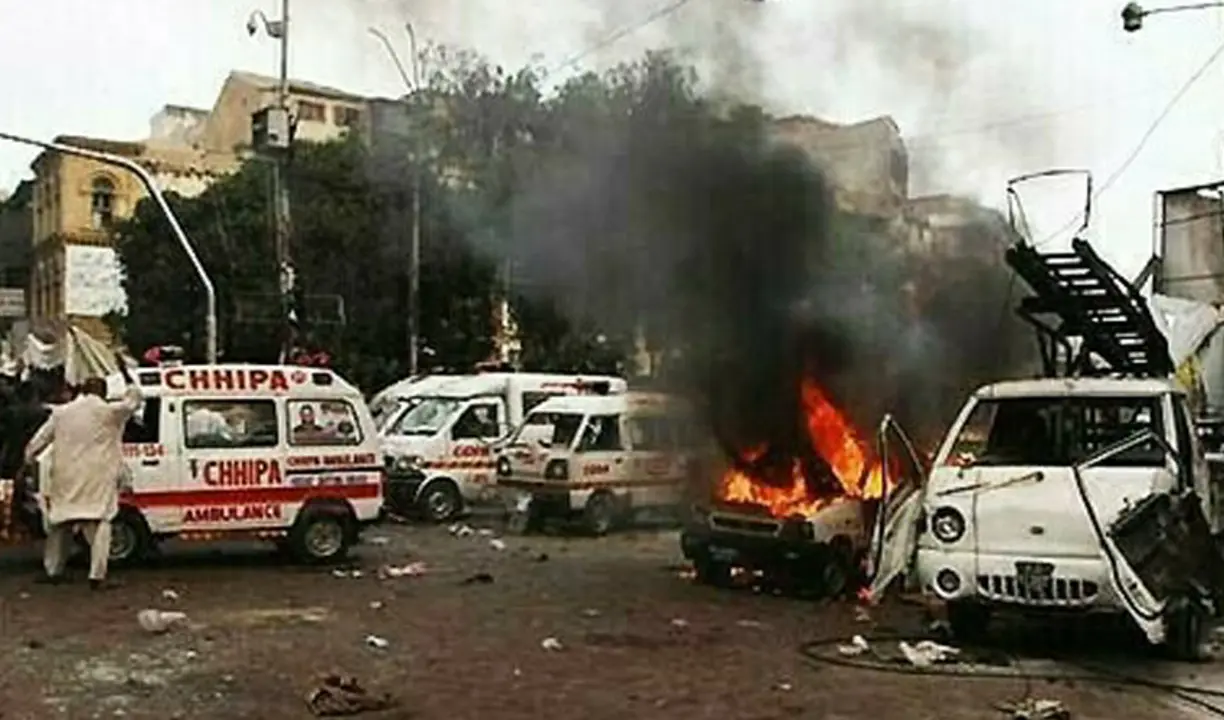Antarctica volcano erupts gold of $6,000 worth daily
Do you know a volcano named Mount Erebus in Antarctica erupts 80 grams of gold with $6,000 worth daily? Mount Erebus is one of 138 active volcanoes of Antarctica.
According to the National Aeronautics and Space Administration (NASA) Earth Observatory, precious gold dust has been found as far as 621 miles from the southernmost lava-erupt on Mount Erebus as part of the eruption process. The lava eruption is 12,448 feet high.

NASA stated Mount Erebus regularly erupts massive gas and steam and occasionally expells rock bombs. The area is inaccessible but erupts 80g of gold dust every day. IFL Science has published this research study.
Conor Bacon of Columbia University’s Lamont-Doherty Earth Observatory claims Mount Erebus has been erupting 80g of gold nonstop since 1972. The mountain is popular for having a lava lake at one of its top craters (volcano upper part).
Conor also said these eruptions are rare as they require some specific conditions to ensure the surface never freezes over. They have very little knowledge about Antarctica’s volcanic structure and the possible triggers for over a hundred inactive ice volcanoes.

Click here to read updates on a giant volcano found on Mars bigger than Mount Everest
Another active volcano that connects to Deception Island, erupts $6,000 worth of gold dust daily apart from Antarctica. Deception Island is an active volcano in South Shetlands, in the Drake Passage, off the Antarctica Peninsula. It is 125 miles north of the Antarctica Peninsula and 850 kilometers from Cape Horn.
According to Conor Bacon, only a few permanent monitoring instruments at Mount Erebus and Deception Island primarily consist of seismometers to detect seismic activity associated with volcanic activity.
Researchers will have to occasionally set up larger equipment networks to conduct certain investigations on these volcanoes. However, this naturally presents a great logistical difficulty in compassion to the numerous considerably more accessible volcanoes elsewhere in the world.
Read More:
- Sea creature turns into a baby when it is stressed out showing time travel
- Realme Narzo 70 Turbo 5G launch date, features, specifications & price
- European Space Agency printed 3D metal part in space for first time
- Earth’s mysterious Alaska triangle where over 20,000 people disappeared
- Philips Hue launched a new smart lighting solution for kitchen
- NASA to launch life-searching spacecraft to Jupiter’s moon Europa
Share this content:










Post Comment